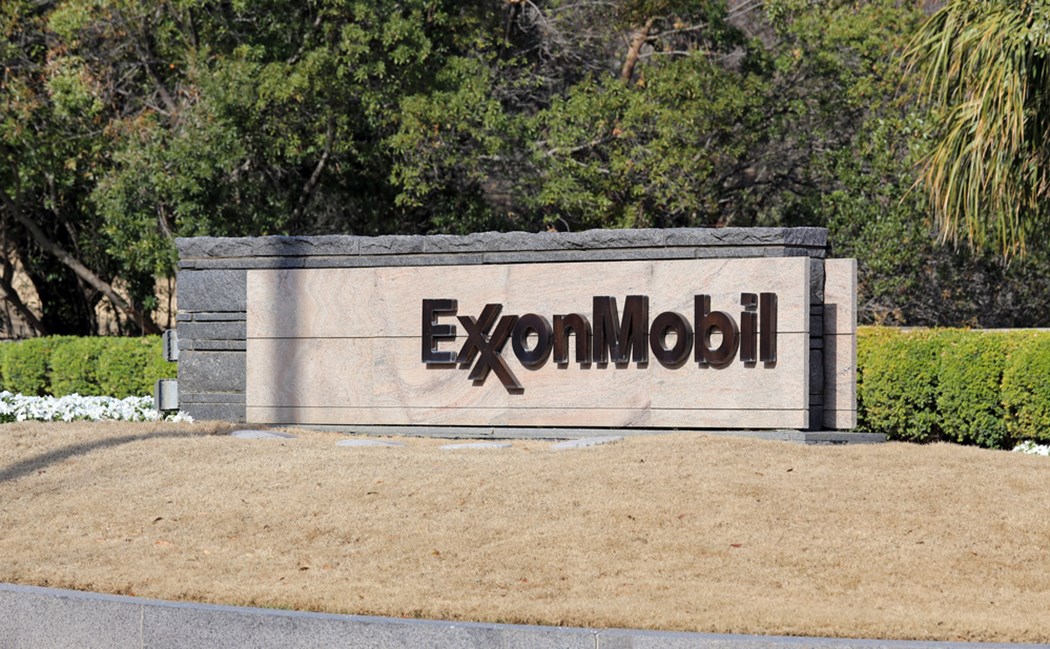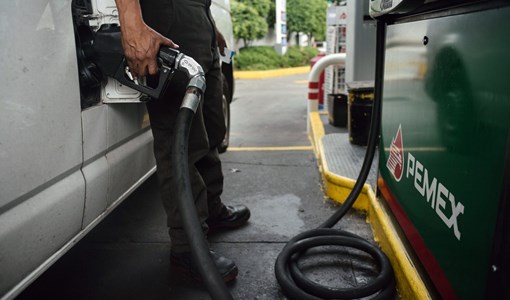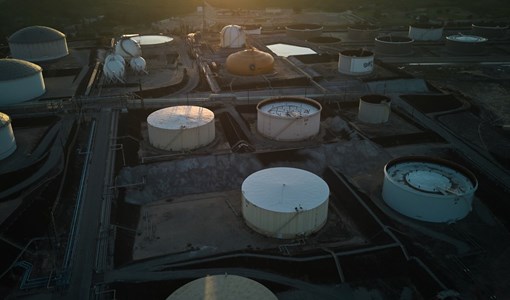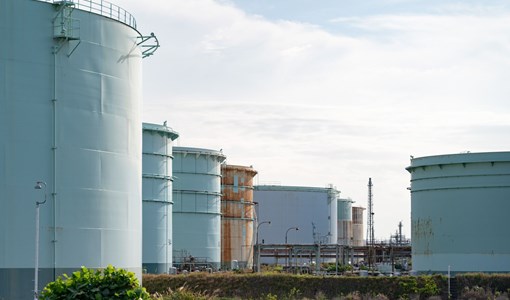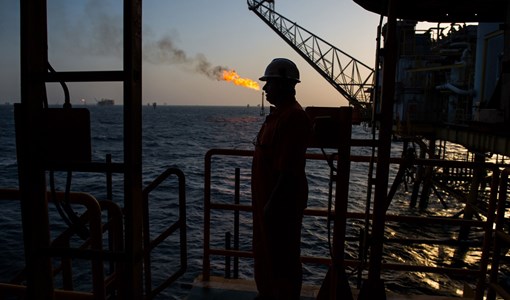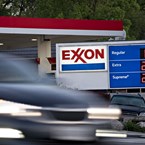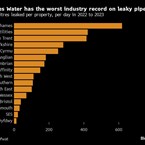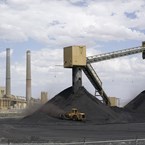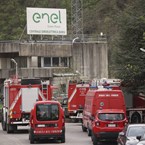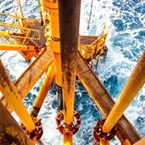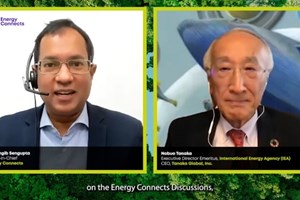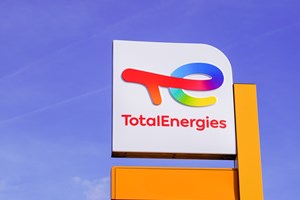ExxonMobil to reduce CAPEX in market response
ExxonMobil said it is reducing its 2020 capital spending by 30 per cent and lowering cash operating expenses by 15 per cent in response to low commodity prices resulting from oversupply and demand weakness from the COVID-19 pandemic.
The U.S. oil giant said that capital investments for 2020 are now expected to be about $23 billion, down from the previously announced $33 billion. The 15 per cent decrease in cash operating expenses is driven by deliberate actions to increase efficiencies and reduce costs, and includes expected lower energy costs.
“After a thorough evaluation of the impacts of the pandemic and market conditions, we have worked closely with business partners to plan and execute capital adjustments that preserve long-term value, maximize cost efficiency, and put us in the strongest position when market conditions improve,” said Darren Woods, chairman and chief executive officer of Exxon Mobil Corporation.
“The long-term fundamentals that underpin the company’s business plans have not changed -- population and energy demand will grow, and the economy will rebound. Our capital allocation priorities also remain unchanged. Our objective is to continue investing in industry-advantaged projects to create value, preserve cash for the dividend and make appropriate and prudent use of our balance sheet.”
ExxonMobil said it continues to monitor market developments and can exercise additional reduction options if required. As market conditions evolve, the company will continue evaluating the impacts of decreased demand on its 2020 production levels as well as longer-term production impacts.
The biggest cuts will come in the Permian Basin, where short-cycle investments can be more readily adjusted to respond to market conditions, while preserving value over the long term. Reduced activity will affect the pace of drilling and well completions until market conditions
Impact on global projects
ExxonMobil gave an update on its various global projects.
Its deepwater discoveries offshore Guyana will remain an integral part of ExxonMobil’s long-term growth plans. The startup of the second phase of field development remains on target for 2022, with the Liza Unity production vessel currently under construction. As the company waits for government approval to proceed with a third production vessel for the Payara development, some 2020 activities are now being deferred, creating a potential delay in production startup of six to 12 months.
ExxonMobil noted that a final investment decision for the Rovuma liquefied natural gas (LNG) project in Mozambique, expected later this year, has now been delayed.
The timing of expansion plans for select downstream and chemical facilities across the company’s portfolio will be adjusted to capture efficiencies, slow spending pace and better align with a return in commodity demand.
Despite the reductions, ExxonMobil expects to meet its projected investment of $20 billion on U.S. Gulf Coast manufacturing facilities made in its 2017 Growing the Gulf initiative. The company also expects to reach its proposed U.S. investment of $50 billion over five years announced in 2018.
“While COVID-19 has had a significant impact on the global economy, we are confident that trade, transportation and manufacturing will recover,” said Woods. “ExxonMobil continues to invest in the projects that will position us to support economic recovery and capture
KEEPING THE ENERGY INDUSTRY CONNECTED
Subscribe to our newsletter and get the best of Energy Connects directly to your inbox each week.
By subscribing, you agree to the processing of your personal data by dmg events as described in the Privacy Policy.
More oil news
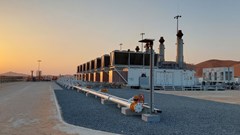
Rolls-Royce supplies mtu gas generator sets for remote Oman oil and gas production site
Apr 23, 2024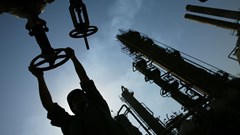
Dirtier and Heavier Oil Is Having Its Moment as Demand Shifts
Apr 22, 2024
Oil Falls After Weekly Losses as Traders Focus on Mideast Risk
Apr 22, 2024
Skittish Oil Market Enters an Uneasy Calm Over Middle East Risk
Apr 19, 2024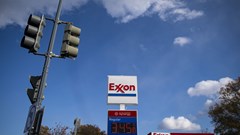
Exxon’s Market Value Tops Tesla’s as Oil Rises, EV Sales Slow
Apr 19, 2024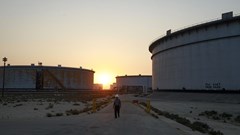
Oil Jumps Toward $90 After Israel Is Said to Strike Iran Targets
Apr 19, 2024
AD Ports Group signs deal with ADNOC Distribution for global distribution of marine lubricants
Apr 19, 2024
Europe Car Sales Drop in March as EV Weakness Persists
Apr 18, 2024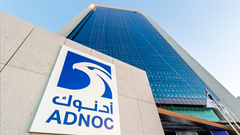
ADNOC to redeem exchangeable bonds in ADNOC Distribution upon maturity in June 2024
Apr 18, 2024
Oil Edges Lower as Israel Weighs Up Response to Iranian Attack
Apr 17, 2024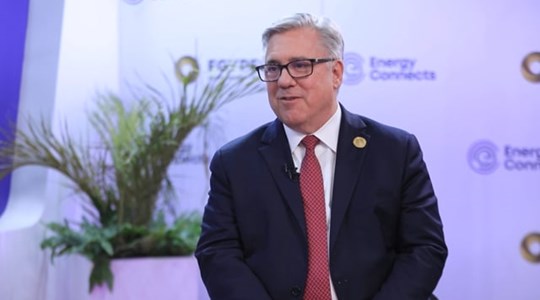
Chevron helping drive Egypt’s journey to become Africa’s energy powerhouse
Mar 11, 2024
Energy Workforce helps bridge the gender gap in the industry
Mar 08, 2024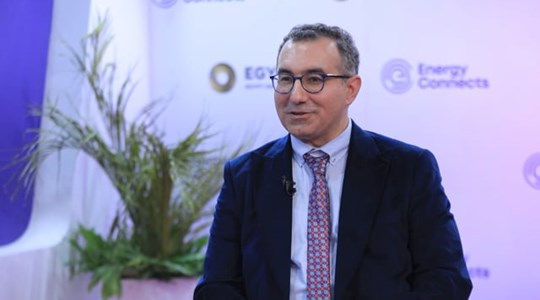
EGYPES Climatech champion on a mission to combat climate change
Mar 04, 2024
Fertiglobe’s sustainability journey
Feb 29, 2024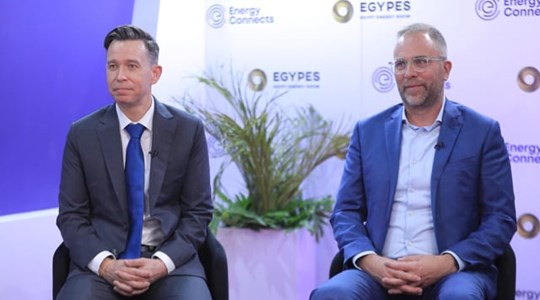
P&O Maritime Logistics pushing for greater decarbonisation
Feb 27, 2024
India’s energy sector presents lucrative opportunities for global companies
Jan 31, 2024
Oil India charts the course to ambitious energy growth
Jan 25, 2024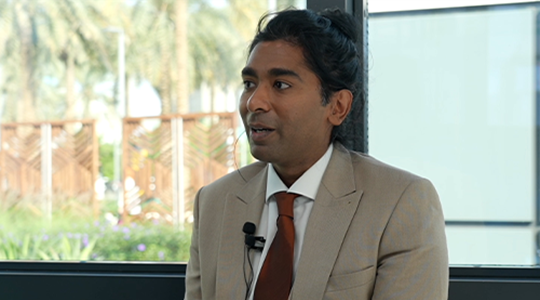
Maritime sector is stepping up to the challenges of decarbonisation
Jan 08, 2024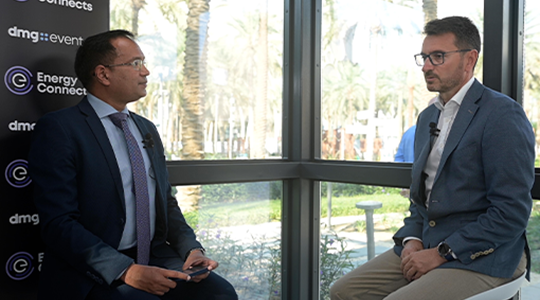
COP28: turning transition challenges into clean energy opportunities
Dec 08, 2023
Why 2030 is a pivotal year in the race to net zero
Oct 26, 2023Partner content

Ebara Elliott Energy offers a range of products for a sustainable energy economy

Essar outlines how its CBM contribution is bolstering for India’s energy landscape

Positioning petrochemicals market in the emerging circular economy

Navigating markets and creating significant regional opportunities with Spectrum


